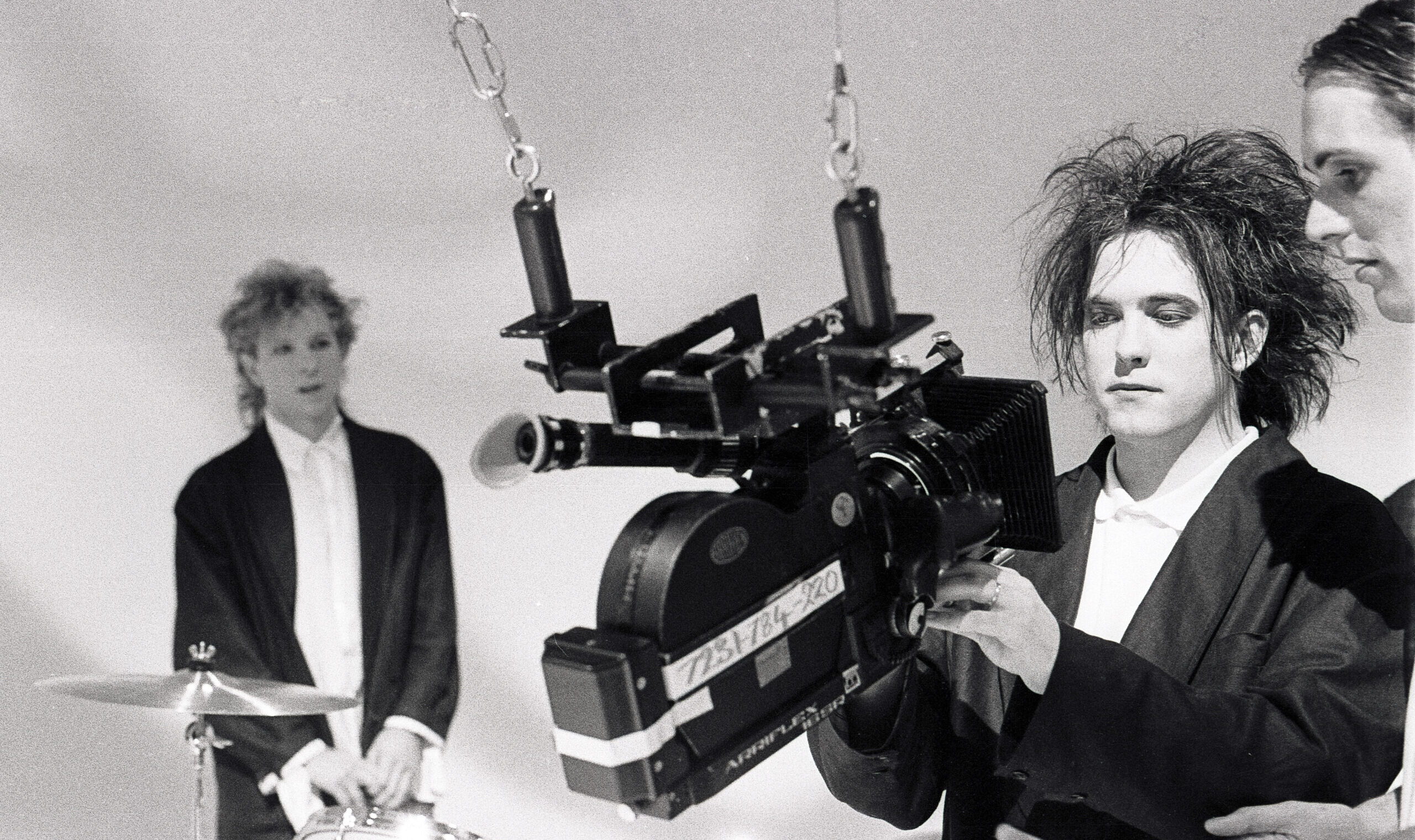Students Unperturbed by Campus Thought Control
In a well-argued commentary (June 23, 2011), Michael Barone calls attention to the “kangaroo courts” that are springing up on campuses across the country to discipline male students who have been accused of “sexual harassment.” Barone points out that in the world of higher education, faculties and administrators do not have to be pushed very hard to launch proceedings against suspected racists, sexists or homophobes. The college community is only doing what comes naturally given its politics. Moreover, since “university presidents fear few things more than an Office of Civil Rights investigation, which can lead to the loss of federal funds,” they leave no stone unturned to be in compliance with government behavioral and sensitivity guidelines. This concern goes beyond preventing anything like sexual assault from taking place in ones facilities. It also involves the enforcement of speech codes, which punish white males for making what are allegedly unkind statements or casting inappropriate glances at protected minority groups.
Into this already charged situation has plunged Obama’s Department of Education’s Office of Civil Rights. According to instructions issued on April 4 to colleges and universities, administrators will be expected to apply stricter standards to those suspected of sexual harassment. There will be no more need to prove guilt beyond a reasonable doubt. It will be sufficient and even necessary to make rulings on the basis of a “preponderance of evidence.” Barone cites miscarriages of justice that have already occurred because of ideological hysteria, such as the charge of raping a black woman brought by the Duke University faculty against lacrosse players who were later totally exonerated.
According to Barone, the Office of Civil Rights is abetting the intimidation of groups who are considered to be privileged. Those who are the “most frequent targets of campus disciplinary groups, which are “male, conservative, religious or some combination thereof” are now being made to feel unwelcome at universities. Barone also suggests (and this finding is not new) that the dwindling number of males relative to females “who enroll in and graduate from college” may be attributable to the hostile atmosphere that male students are encountering. Moreover, the general lack of freedom that comes with restrictive speech codes makes it particularly unpleasant for those who are intellectually curious. Barone is convinced that reasonable people, including Education Secretary Arne Duncan, are open to understanding these problems.
Although I applaud this timely defense of intellectual freedom, it may be necessary to note that the problems are even more deeply ingrained than its author suggests. The Department of Education’s mission to protect the sensitivities of minorities (often recruited through affirmative action) began with the Bush I administration. Colleges and universities were urged as early as 1991 to prevent the creation of a “hostile work environment” with regard to women and other designated minorities. Warnings were then given that those who failed to prevent the operation of a discriminatory environment would suffer dire consequences. These directives were imposed by both Republicans and Democrats, long before Obama entered the White House.
Even more importantly, those who should care about these intrusions on their freedom, namely, parents, students and trustees, generally don’t give a damn. Getting these groups to notice the bullying of white males, religious Christians, etc. is often an exercise in futility. It’s not that any of them, with few exceptions, actually favor leftist thought control. The problem is they just don’t care about what goes on in college life, as long as certain demands are met, for example, the kids can meet significant others, the food is tasty, and the college doesn’t fall too deeply into debt.
About ten years ago a study was published by University of Pennsylvania historian Alan C. Kors about the hectoring of thousands of incoming white students at the University of Delaware as part of an “orientation program.” The predominantly white Delaware freshmen were required to attend classes in which non-whites were allowed to insult their non-minority appearance and supposed bigotry. Kors thought initially the parents and students would be outraged by this blatant racism in reverse. But the reaction was not what he expected. Very few parents even cared; and the students who were targeted considered themselves to be going through some innocuous rite of passage. One could only imagine if the roles were reversed, and if the white students were allowed to insult the black ones.
Note I’m not underestimating the threat to a free society posed by the PC Left. I’ve written entire books on this insidious danger. But it is hard to deal with a problem that most other people don’t see as a serious issue. It would gladden my heart if students were organizing protests against the thought police. And it would make my day even more if the state’s efforts to inflict PC became a burning political issue. But this is not likely to happen; and the question we should ask ourselves is why.
